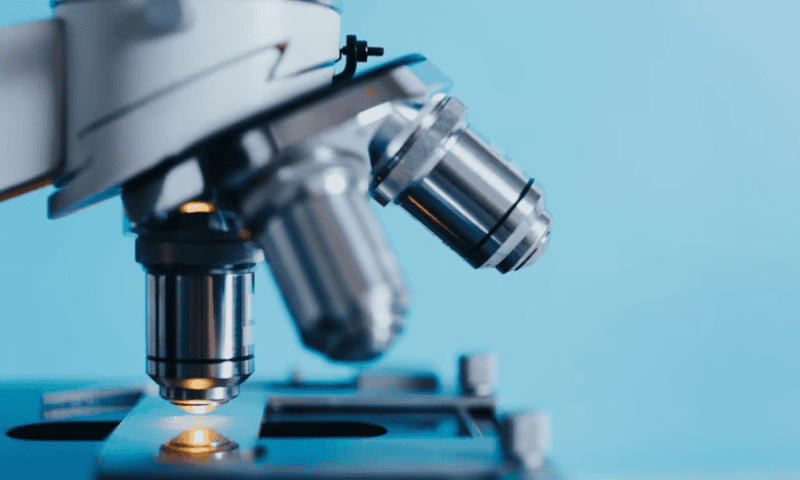Cancer diagnostics startup PreciseDx picked up $20.7 million in series B funding as it ramps up commercialization efforts for its AI-based breast cancer risk assessment.
The company, a Fierce Medtech Fierce 15 of 2022 honoree, developed oncology diagnostics leveraging artificial intelligence for new, morphology-driven disease analysis.
The round was led by Eventide Asset Management and was also backed by Labcorp, Quest Diagnostics, and GenHenn Capital Venture, along with existing investors. PreciseDx has raised $31.5 million in total funding to date.
The funding comes on the heels of a number of key achievements by PreciseDx, including completion of two successful validation studies (analytical and clinical); receipt of CLIA Standard approval and CLEP NYSDOH review on the PreciseBreast assessment; a Cost Impact Study published by the Journal of Medical Economics; and the addition of new key collaborations, such as UCLA, COTA and Baptist Health South Florida, and Baylor Scott & White Health.
The digital pathology startup, a spin-out from Mount Sinai, focused on supporting breast and prostate cancer diagnoses but made an interesting finding: Its artificial intelligence programs could also spot the early signs of Parkinson’s disease before severe symptoms appear, Fierce Medtech’s Conor Hale reported in 2022.
PreciseDx originally trained its AI to analyze the form and structure of cells on biopsied tissue slides and detect the early hallmarks of cancer to help predict a person’s risk of developing a tumor or the chances of having one return after treatment.
PreciseDx’s AI platform can help inform, standardize and personalize the diagnosis and management of cancer and other diseases. The Mount Sinai spinout uses a precise mathematical approach to classify and treat disease.
By refining diagnoses, patients can be spared unnecessary treatment, improving their outcomes. And clinicians can gain a measure of confidence, emboldened by the comprehensive information at their fingertips, according to the company.
PreciseDx’s platform identifies morphology features and uses quantitative metrics to compile data points, standardizing the anatomic pathology of a disease with an advanced level of detail and patient specificity.
The company developed an early-stage invasive breast cancer risk assessment, independent of HER2, and hormone receptor status. The AI-powered test utilizes standard H&E pathology slide images. Leveraging millions of data points, PreciseBreast analyzes, correlates, and quantifies those critical features that predict breast cancer recurrence and delivers a risk of recurrence score, the company said.
“Our team continues to advance breast cancer diagnostics by delivering faster, more accurate data, in a cost-efficient method. This allows clinical care teams to make better informed clinical decisions resulting in improved patient outcomes,” said Eric Converse, founding board member of PreciseDx, in a statement. “This capital infusion sets the stage for our next phase of continued in-depth clinical trials to validate PreciseBreast in a specific clinical setting and market entry point.”
Westley Dupray, CFA, Research Analyst, Principal at Eventide, said the new funding will help accelerate the validation process for PreciseBreast and its potential to “improve patient risk assessments, clinical outcomes, and healthcare efficiency.”

